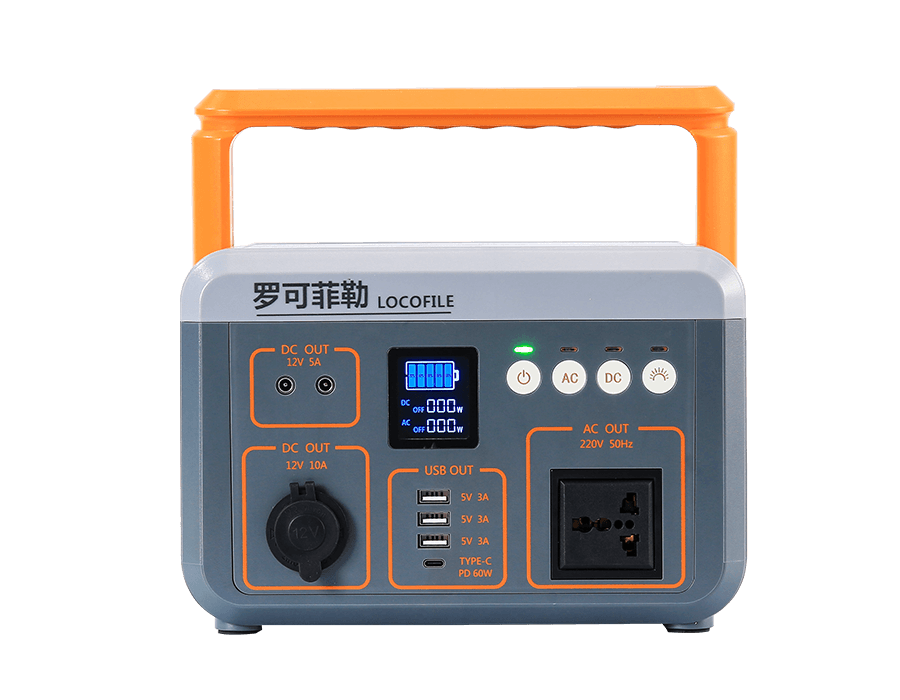Portable power solutions have become increasingly popular in recent years, with both portable power stations and generators being widely used to provide electricity for a variety of applications. While both types of power sources have their advantages and disadvantages, there are significant differences between them that make one a better option than the other depending on the situation. In this article, we will explore the differences between portable power stations and generators to help you determine which is the better option for your needs.
Portability
One of the most significant differences between portable power stations and generators is portability. Portable power stations are lightweight and compact, making them easy to transport and store. They are designed to be carried around with you and are ideal for camping trips, outdoor events, and other applications where you need power on the go. Generators, on the other hand, are much larger and heavier, making them more difficult to transport. While some portable generators are available, they are still much larger and heavier than portable power stations.
Power Output
Another key difference between portable power stations and generators is power output. Portable power stations are typically designed to provide a limited amount of power, usually enough to charge small devices like smartphones, tablets, and laptops. They are not designed to power large appliances like refrigerators or air conditioners. Generators, on the other hand, are designed to provide much more power and can easily power large appliances and tools.
Fuel
Generators require fuel to operate, usually gasoline or propane. This can be a disadvantage in situations where fuel is not readily available, or where you need to conserve fuel. Portable power stations, on the other hand, are usually powered by rechargeable batteries or solar panels, making them a more environmentally friendly option. Additionally, they can be recharged using a variety of methods, including solar panels, car chargers, or wall outlets.
Noise
Finally, generators are typically much louder than portable power stations. They emit a constant noise when in operation, which can be a nuisance in residential areas or outdoor settings where quiet is preferred. Portable power stations, on the other hand, are almost silent, making them a better option for situations where noise is a concern.
In conclusion, while both portable power stations and generators have their advantages and disadvantages, portable power stations are generally a better option for most applications. They are lightweight, compact, and environmentally friendly, and can be recharged using a variety of methods. Generators, on the other hand, are typically much louder, require fuel to operate, and are better suited for powering large appliances and tools. Ultimately, the best option for your needs will depend on your specific requirements and the situation in which you need power.


1. Big capacity 144000mAh 486wh, AC output power 500w.
2. Ternary lithium battery is more effificient and portable
3. Support 13-40V solar panel charging.
4. Support charg when discharging.
5. Wireless charging 10W.
6. Smart LCD screen with real-time working status shown.
7. Super compact design with smaller size and lighter weight than that of same Wh/W in the market, easy to carry and save shipping cost to some extent.
8. Perfect power partner for caravan, camping, power tools, emergency, maintance, medical, parties, home electric appliances ect.


 English
English 中文简体
中文简体 Español
Español














